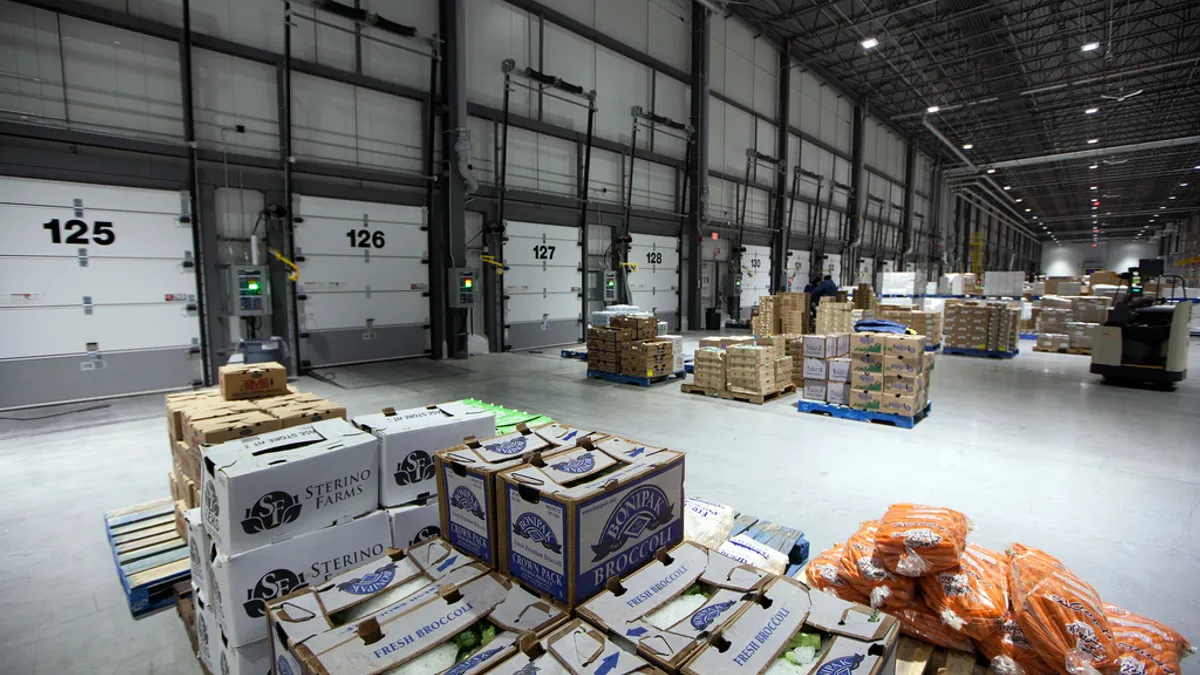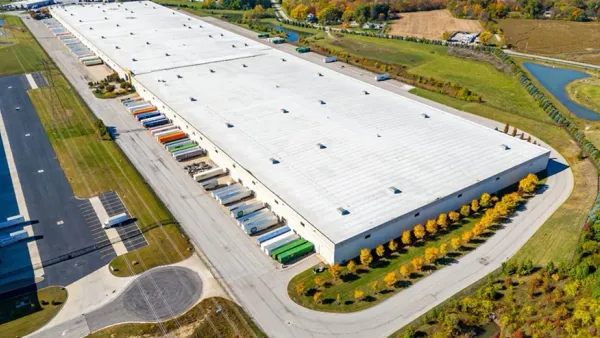Dive Brief:
- Back in 2016, an outbreak of salmonella caused by Anaheim peppers was tough to trace, due to the complexity of the food supply chain, The Packer reported last week.
- The Food Safety Modernization Act (FSMA), signed into law in 2011 with gradual implementation, allocates responsibility within the food supply chain so as to help prevent potential outbreaks.
-
Despite regulation to help prevent outbreaks, food supply chain complexity is so varied that the consumer still bears much of the risk for food poisoning.
Dive Insight:
The Food Safety Modernization Act (FSMA) assigns responsibility within the food safety supply chain, aiding the FDA in tracing potential food borne ailments. Up until recently, the challenge in tracing tainted ingredients left the FDA occasionally unable to issue appropriate warnings; though more alerts may now occur, it's due to greater clarity of sourcing rather than increasingly tainted food.
The act determines that food products containing multiple ingredients are the responsibility of the manufacturer. If the item in question is cooked prior to sale, risk is mitigated since heat kills bacteria. However, uncooked ingredients must be quality- and safety-verified by the supplier, and any users (i.e., manufacturers) who buy from that supplier should confirm that no contamination exists within the product. A supplier must be able to guarantee safety.
However, in the case of bulk purchases of ingredients meant for repackaging and resale, the buyer shoulders the risk. Documentation of responsibility by the buyer must be made, as must complementary seller notation.














